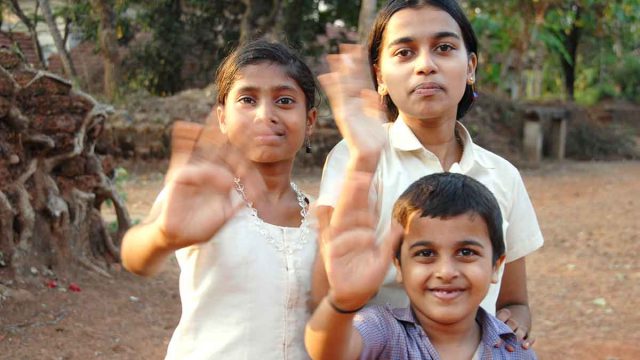While Australia’s ties with a certain Asian country appear to be fraying, its relations with India are strengthening with the signing of a memorandum of understanding on critical minerals.
The MoU follows a virtual meeting between Prime Minister Scott Morrison and his Indian counterpart Narendra Modi to elevate the relationship between the two countries to a Comprehensive Strategic Partnership.
Other such partnerships have been reached with China, India and Singapore.
India is Australia’s eighth-largest trading partner and fifth-largest export market.
READ: India woos companies burned by China with cash and gifts
Minister for Resources, Water and Northern Australia Keith Pitt says India is a key potential market for Australia’s critical minerals.
“My department has worked closely with the Ministry of Mines to develop the MoU, which focuses on avenues to increase trade, investment and R&D in critical minerals between our two countries,” Pitt said.
“The MoU identifies specific areas where Australia and India will work together to meet the raw material demands of the future economy, particularly the increased global demand for critical minerals.
“India presents growing opportunities for Australia’s critical minerals, especially as the nation looks to build its manufacturing sector, defence and space capabilities.”
Australia has the potential to be one of the top suppliers of cobalt and zircon to India along with antimony, lithium, rare earth elements and tantalum.
Indian demand for critical minerals is expected to increase thanks to its ‘Make in India’ program that was launched in 2014 to encourage companies to manufacture their products in India as well as its electric mobility program.
While the goals of the latter program have been watered down considerably from its original objective of 100 per cent electric cars by 2030, the size of the Indian market ensures that it will still require large quantities of critical minerals.
The Australian government has also set aside almost $20m in funding for research collaborations between the two countries to advance pandemic research and reduce plastic waste.
$15m will go to extending the Australia-India Strategic Research Fund (AISRF) for another four years, while an additional $4.5m will support collaborative work led by CSIRO to reduce plastic wastes.
“Science and technology and the innovations that result have never been more important for our wellbeing and prosperity,” Minister for Industry, Science and Technology Karen Andrews said.
“India is a natural strategic partner for Australia, and strengthening that relationship through a shared commitment to science and technology will only serve to benefit both our nations.”
A special grants round has been opened under the AISRF for joint projects responding to the COVID-19 pandemic.
“These grants will bring together leading research institutions and industry in both Australia and India who are working on solutions such as vaccines, therapeutics, and diagnostics,” Andrews added.
The Indian government will also contribute a comparable amount to support the Indian partners on a matching effort basis.
You might be interested in












